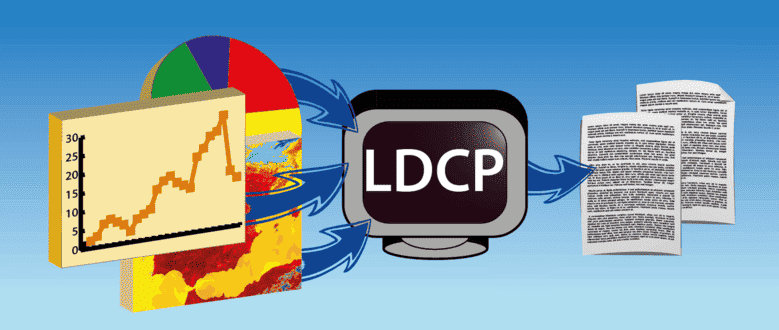
LDCP: Linguistic description of complex phenomena: generalized quantifiers in temporal propositions
The project is focused on the linguistic description of complex systems where the usual approaches in the linguistic summarization field are not endowed with an appropiate expressiveness. It continues and extends the objectives and achievements of DARBO on "automated discovery of non conventional fuzzy temporal rules", carried out by members of the research team at the University of Santiago de Compostela (USC).
This new project addresses the research and application of meta-heuristic techniques (in particular, evolutionary computation and genetic programming) to the summarization problem in two scenarios:
- Linguistic quantifiers that go further the usual absolute-relative ones, in order to include other quantifiers described in the linguistic literature (such as the comparative or exception ones).
- Temporary quantifiers, that allow propositions to describe and evaluate situations where temporal occurrence relationships among events or patterns are relevant, as it usually happens in most dynamic systems or temporal series.
At the same time, the techniques and the proposed models are applied to investigate a number of fields, such as the linguistic description of numerical prediction data in meteorology, description of domestic energy consumption or urban traffic characteristics.
Objectives
- Develop new resources in computing with words and perceptions aimed to model the meaning of sentences in each application domain.
- Modeling of perceptions of complex phenomena, starting from the current approach represented by the concept of Granular Linguistic Model of a Phenomenon, develop new techniques to model the temporal evolution of phenomena.
- Explore the use of Systemic Functional Linguistic in text generation to analyse, organise and save text as meaning and current applications of SFL to computational text generation.
- Generate linguistic descriptions of images.
- Efficiency in consumption of energy and weather forecasting.
- Report generation in trainer simulators, working in the design and development of evaluation reports about styles of driving in a trainer simulator.
Project
/research/projects/descricion-linguistica-de-fenomenos-complexos-cuantificadores-borrosos-xeralizados-en-proposicions-temporais
<p>The project is focused on the linguistic description of complex systems where the usual approaches in the linguistic summarization field are not endowed with an appropiate expressiveness. It continues and extends the objectives and achievements of DARBO on "automated discovery of non conventional fuzzy temporal rules", carried out by members of the research team at the University of Santiago de Compostela (USC).</p> <p>This new project addresses the research and application of meta-heuristic techniques (in particular, evolutionary computation and genetic programming) to the summarization problem in two scenarios:</p> <ul> <li>Linguistic quantifiers that go further the usual absolute-relative ones, in order to include other quantifiers described in the linguistic literature (such as the comparative or exception ones).</li> <li>Temporary quantifiers, that allow propositions to describe and evaluate situations where temporal occurrence relationships among events or patterns are relevant, as it usually happens in most dynamic systems or temporal series.</li> </ul> <p>At the same time, the techniques and the proposed models are applied to investigate a number of fields, such as the linguistic description of numerical prediction data in meteorology, description of domestic energy consumption or urban traffic characteristics.</p><ul> <li>Develop new resources in computing with words and perceptions aimed to model the meaning of sentences in each application domain.</li> <li>Modeling of perceptions of complex phenomena, starting from the current approach represented by the concept of Granular Linguistic Model of a Phenomenon, develop new techniques to model the temporal evolution of phenomena.</li> <li>Explore the use of Systemic Functional Linguistic in text generation to analyse, organise and save text as meaning and current applications of SFL to computational text generation.</li> <li>Generate linguistic descriptions of images.</li> <li>Efficiency in consumption of energy and weather forecasting.</li> <li>Report generation in trainer simulators, working in the design and development of evaluation reports about styles of driving in a trainer simulator.</li> </ul> - Alberto José Bugarín Diz - Senén Barro Ameneiro, Félix Díaz Hermida
projects_en